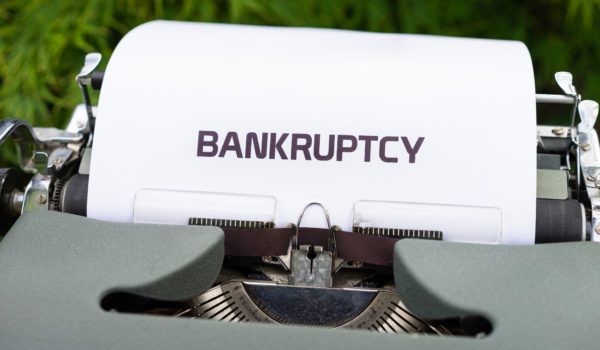A version of this article was also published in the June 9 edition of Law360 Expert Analysis.
In the bankruptcy world, not all claims are created equal. Rather, certain special categories of claims have priority status and are not only paid ahead of other claims, but are also often paid in full. One such category of claims is found in Bankruptcy Code § 503(b)(9), which grants priority claim status for goods which were sold in the ordinary course of business and received by a debtor within the 20-day window leading up to the bankruptcy filing. The code section is very clear, however. The claim must be for the sale of “goods.” Many contracts and sales unfortunately do not fall cleanly within the categorization of “goods” only. Many transactions are of a hybrid nature, with the seller providing a combination of goods and services. This has led to much discussion and analysis over the years since the adoption of § 503(b)(9) in 2005, as to what exactly comes within in its scope.
The issue was once again recently addressed in March by the Bankruptcy Court in the District of Colorado. In re Sklar Exploration Company, LLC, 2022 WL 784988 (Bankr. D. Colo. March 14, 2022). In that case, the creditor, NexTier Completion Solutions, Inc., provided “acidizing services” on the debtor’s oil and gas wells. Those services included the use of certain chemicals, including nitrogen and acid. While there was no dispute that the chemicals constituted “goods,” that the goods were sold in the ordinary course of business and were delivered to the debtor within the required 20-day window, the debtor took the position that the transaction did not fall within the scope of § 503(b)(9)’s priority claim status. Specifically, the debtor argued that the “predominant purpose” test should apply, and that the test requires the supplier to have supplied more goods than services. In support of its position, the debtor cited to In re Circuit City Stores Inc.[1], which, when faced with this issue, applied the “predominant purpose” test used by the Uniform Commercial Code (the “U.C.C.”) for determining when Article 2 of the U.C.C. (governing “transactions in goods”) applies to various hybrid transactions.
The Sklar court rejected Circuit City’s application of the U.C.C.’s predominant purpose test, stating that “[t]here is nothing in § 503(b)(9) that requires a claimant to prove its contract with the debtor falls within the ‘transaction in goods’ limitation found in … the U.C.C.”[2] The court distinguished the situation in which the U.C.C. applies the test from the situation under § 503(b)(9). For purposes of the U.C.C., the issue is which law should apply to an entire transaction. Section 503(b)(9) does not require this broad of a focus. “Instead, when a hybrid contract provides for both the sale of goods and the sale of services, the court need only separate out the costs of each and give priority only to the cost of goods sold.”[3] Thus, the predominate purpose test is not applicable.
The Sklar court went on to apply its holding to the hypothetical scenario of a plumber who in providing plumbing services also provides pipes, fixtures, or other materials needed for the plumbing job. The court noted that the plumber has provided both goods and services. The cost of the goods would be entitled to priority claim status under § 503(b)(9), while the services would not. The plumber would simply have a general unsecured claim for the services, lacking priority status.
In reaching this holding, the Bankruptcy Court in the District of Colorado joins with the Bankruptcy Courts in the Eastern District of Michigan, the Western District of Wisconsin, the District of Massachusetts, and the Northern District of Texas.[4] None of the U.S. District Courts or Circuit Courts have yet weighed in on the matter.
For more information, contact Sara Abner or any attorney with Frost Brown Todd’s Bankruptcy & Restructuring practice group.
[1] 416 B.R. 531 (Bankr. E.D. Va. 2009).
[2] 2022 WL 784988 at *3.
[3] Id.
[4] In re Plastech Eng’rd Prod., Inc., 397 B.R. 828 (Bankr. E.D. Mich. 2008); GFI Wis., Inc. v. Reedsburg Utility Comm’n, 440 B.R. 791 (W.D. Wis. 2010); In re Erving Industries, Inc., 432 B.R. 354 (Bankr. D. Mass. 2010); In re Pilgrim’s Pride Corp., 421 B.R. 231 (Bankr. N.D. Tex. 2009).

